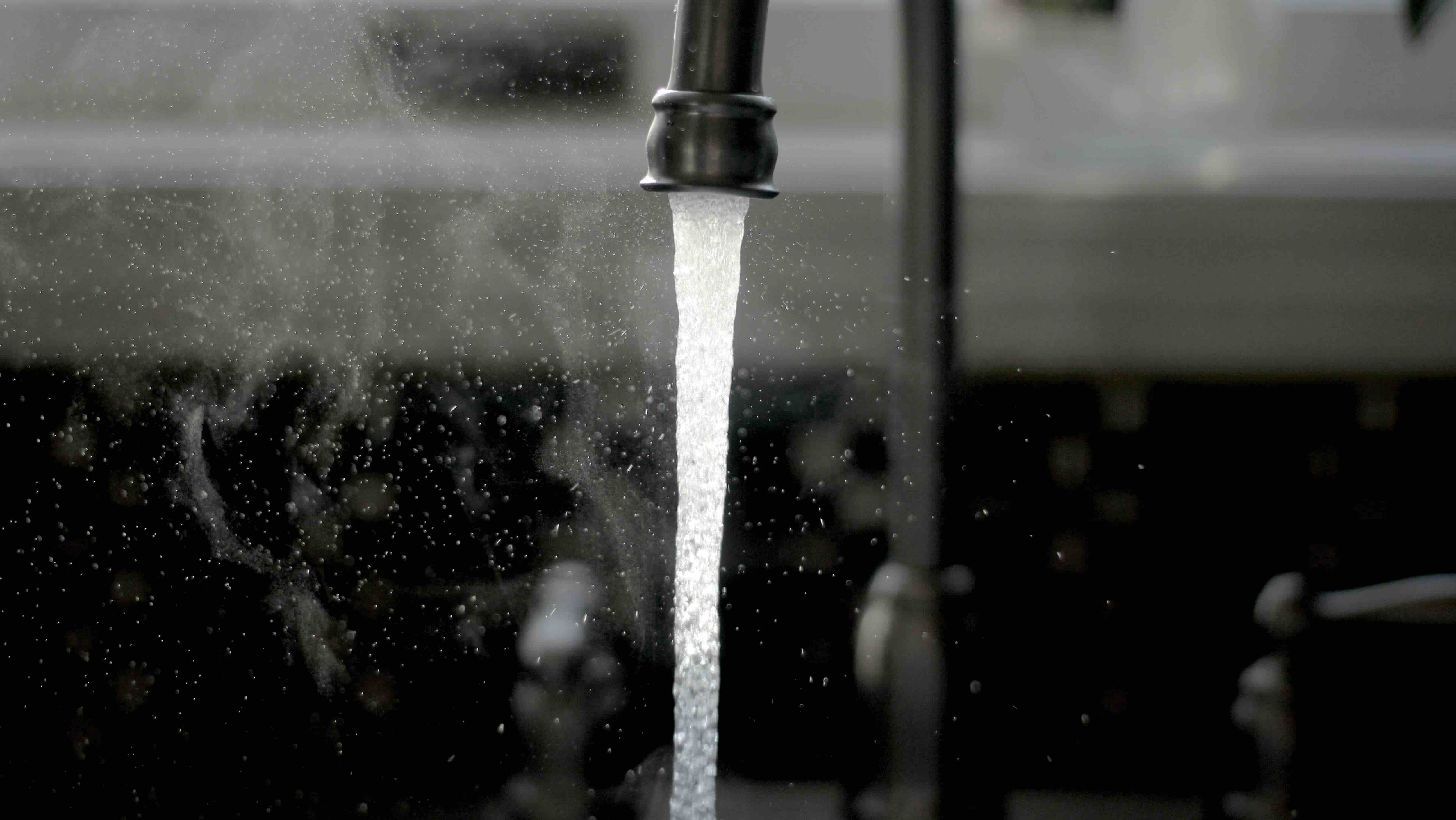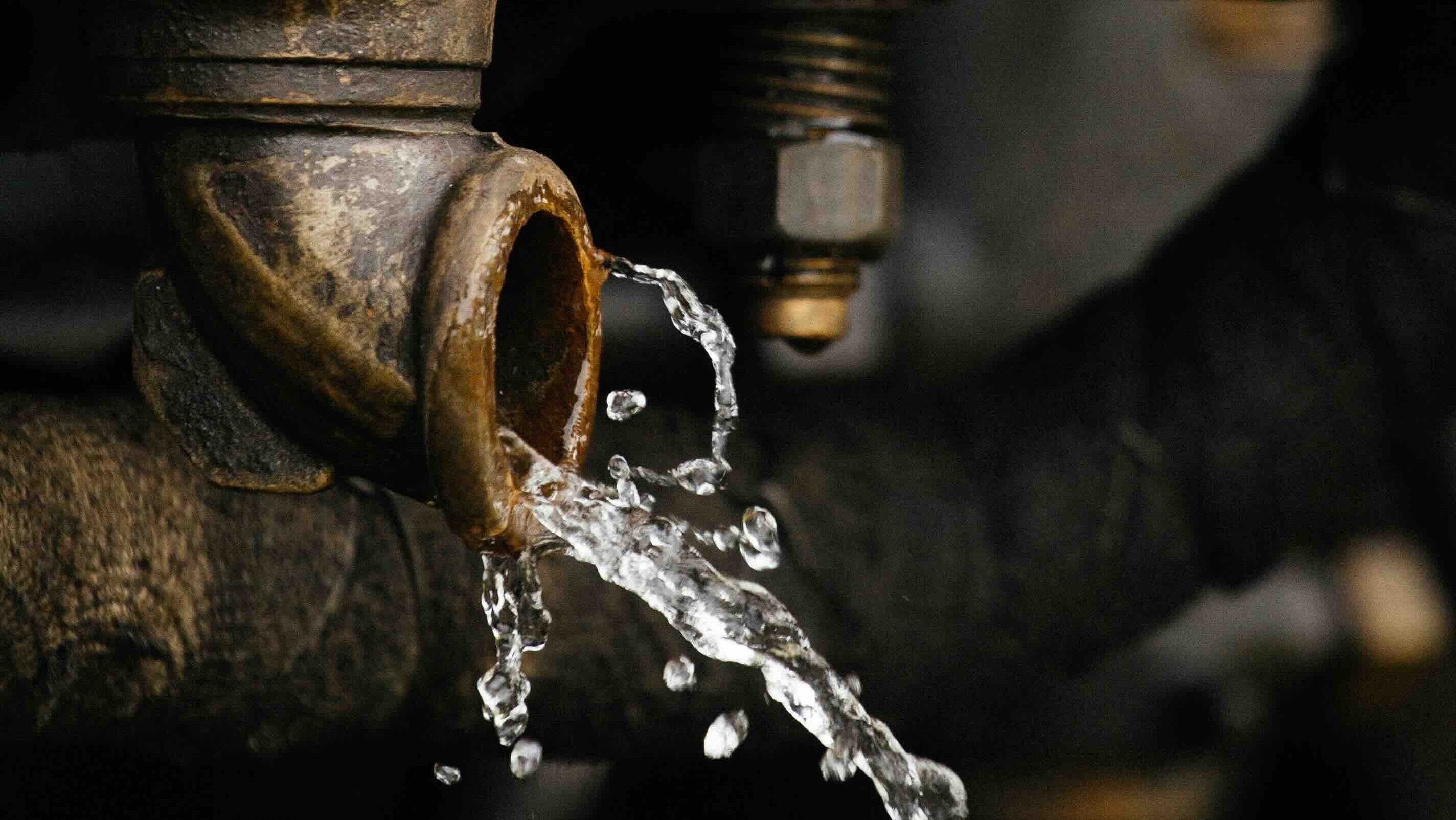Water is a basic human necessity for life. While everyone needs it, there is an ongoing debate regarding the healthiest water source — well or municipal? With the state of water contamination nowadays, making a well-thought-out choice is essential to your health and well-being.
The average person uses up a lot of water daily, whether for drinking, cooking, showering or another use. As such, water quality is of the utmost importance. Let’s explore the differences between well and municipal water sources in the U.S. and which is better for you.

Defining Well Water and Municipal Water
Before deciding which water source is healthier, defining well water and municipal water is essential. Here is a breakdown of the two most common water systems.
Well Water
Sourcing water from a well entails drilling a hole into an aquifer underground and drawing the water up using a pipe and pump. At the same time, a screen filters out sediment and contaminants to prevent clogged pipes.
Generally, you’ll see three types of wells as follows:
- Bored wells: Perforated water in a contained source about 100 feet below the surface.
- Consolidated wells: Natural rock casing for water at a 250-foot depth without sand and other sediments.
- Unconsolidated wells: Well casings drilled into a formation using sand, soil, rocks and clay.
Well water is perfectly safe when tested, treated and monitored regularly. Nearly 13 million Americans use well water as their primary drinking water source.
Municipal Water
Municipal water comes from city-owned pipes, mains and facilities, treated and transported to households for human use. These public drinking water systems are either community or non-community networks:
- Community: Delivers water to the same 25 people or 15 residences year-round.
- Non-community: A transient water system for 25 people for about two months annually, but not the same people regularly.
Non-community water systems could also be non-transient, in which the same 25 people receive water for six months but also supplement with another water source.
The U.S. has about 155,693 municipal water systems, of which 78% and 68% supply groundwater or surface water, respectively.

What’s Better for You?
Considerations for Well and Municipal Water
It’s difficult to say whether well water or municipal water is healthier for you. Each has an exhaustive list of advantages and disadvantages.
For instance, well water maintains its natural minerals for optimal health. It also lacks typical disinfectants — like chlorine and trihalomethanes (THMs) — which may alter its taste and carry harmful effects when consumed excessively. However, well water systems may become easily contaminated with bacteria, chemicals and viruses, requiring consistent testing to ensure safety.
On the other hand, municipal water treatment can remove most hazards, including naturally occurring minerals. Under city public works, water quality requirements are strict and must meet government standards. This should give people peace of mind, but municipal water isn’t perfect.
According to some studies, THM by-products in tap water increase the risk of colorectal cancer in men. Other researchers estimate a 47% higher risk of bladder cancer in men exposed to chlorine in drinking water with THM levels at 50 micrograms per liter.
Municipal water treatment systems don’t remove all trace contaminants and metals. City water sources often still contain per- and polyfluoroalkyl substances (PFAS) — “forever chemicals” — which may carry significant health implications. PFAS may actually reduce fertility by 40% in women.
PFAS may also have adverse effects on liver enzymes, cholesterol, high blood pressure in pregnant women, decreased birth weights and an elevated risk of kidney cancer. It can even compromise vaccine efficacy.

Well Water May Be a Surprising Frontrunner
Municipal water has advantages over well water due to meeting federal drinking water standards. However, well water might be healthier in the long run. Well water — although susceptible to contamination — derives directly from the ground and doesn’t have the disinfectant concentrations municipal water has. With proper testing and filtration, well water can be clean and nourishing. Of course, both sources provide a viable source of a necessary resource.

Author Bio:
Jane is an environmental writer and the founder and editor-in-chief of Environment.co where she covers sustainability and eco-friendly living.

💚 Read about Water Conservation:

Join the ecogreenlove community

![Water Conservation in the Home [Infographic]](https://ecogreenlove.files.wordpress.com/2018/02/02082018_waterconservation.png?w=888)
![Global Water Waste [Visuals]](https://ecogreenlove.files.wordpress.com/2021/12/12102021_globalwaterwaste.jpg?w=1200)
![8 Actions we can all take to Save Water [Video]](https://ecogreenlove.files.wordpress.com/2023/10/10162023_worldfoodday2.jpg?w=1200)
